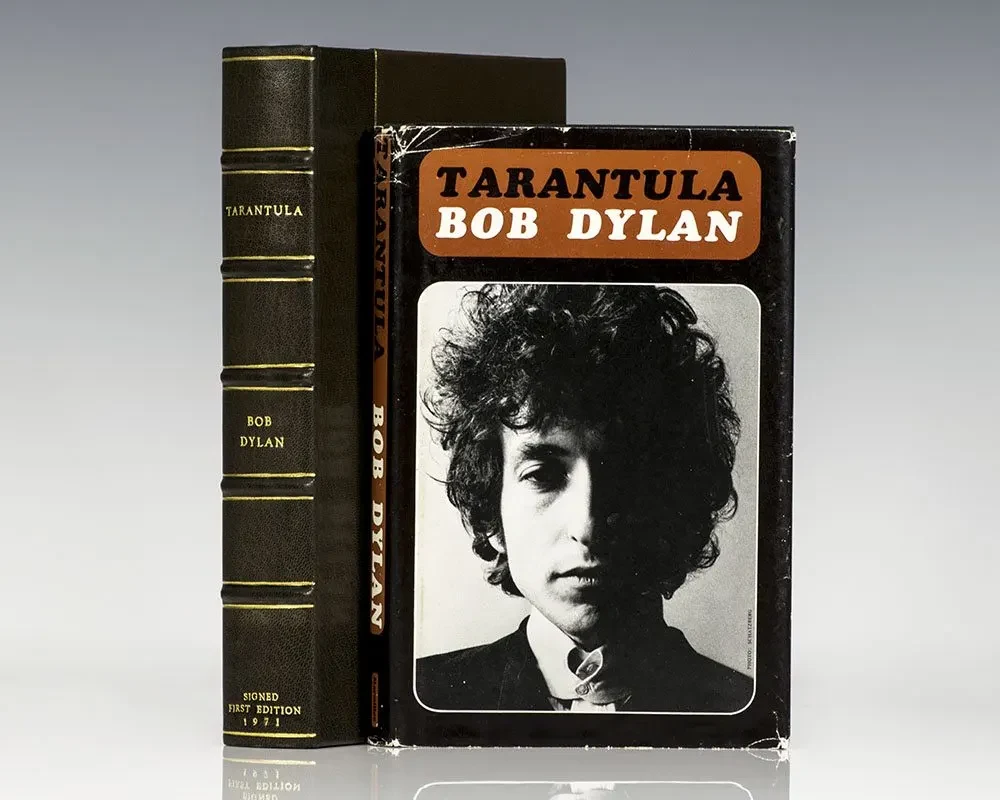Tuesday, August 15
A little bit of literature | ||
| ||
“ (...) down with you sam. down with your | ||
answers too. hitler did not change | ||
history. hitler WAS history/ sure | ||
you can teach people to be beautiful, | ||
but dont you know that there’s a | ||
greater force than you that teaches | ||
them to be gullible—yeah it’s called | ||
the problem force/ they assign everybody | ||
problems/ your problem is that you | ||
wanna better word for world… | ||
you cannot kill what lives an expct nobody | ||
to take notice. history is alive/ | ||
it breathes/ now cut out that jive/ | ||
go count your fish. gotta go. someone’s | ||
coming to tame my shrew. hope they removed | ||
your lung successfully. say hi | ||
to your sister | ||
love, | ||
Wimp, Your | ||
Friendly Pirate” | ||
| ||
| ||
The adjective gullible means “easily deceived or cheated; naive; credulous; tricked.” | ||
The transitive verb tame means “to subdue or curb; to change from an uncontrolled or disorderly to a controlled state.” | ||
The expression tame my shrew is also a light allusion to Shakespeare's famous play, The Taming of the Shrew. | ||
Comments | ||
Bob Dylan, original name Robert Allen Zimmerman, is an American folk singer who moved from folk to rock music in the 1960s, infusing the lyrics of rock and roll, theretofore concerned mostly with boy-girl romantic innuendo, with the intellectualism of classic literature and poetry. Sometimes hailed as the Shakespeare of his generation, Dylan sold tens of millions of albums, wrote more than 500 songs recorded by more than 2,000 artists, performed on stages across the world, and set the standard for lyric writing. In 2016, he won the Nobel Prize for Literature for, as noted by the prize-bestowing Swedish Academy, “having created new poetic expressions within the great American song tradition.” His only work of fiction is a combination of stream of consciousness prose, lyrics, and poetry that gives fans insight into one of the most influential singer-songwriters of our day. Written in 1966, “Tarantula” is a collection of poems and prose that evokes the turbulence of the times in which it was written and gives a unique insight into Dylan's creative evolution. It captures Dylan's preoccupations at a crucial juncture in his artistic development, showcasing the imagination of a folk poet laureate who was able to combine the humanity and compassion of his country roots with the playful surrealism of modern art. Angry, funny, and strange, the poems and prose in this collection reflect the concerns found in Dylan's most seminal music: a sense of protest, a verbal playfulness and spontaneity, and a belief in the artistic legitimacy of chronicling everyday life and eccentricity on the street. | ||
* The expression theretofore means "from that point onward". | ||

